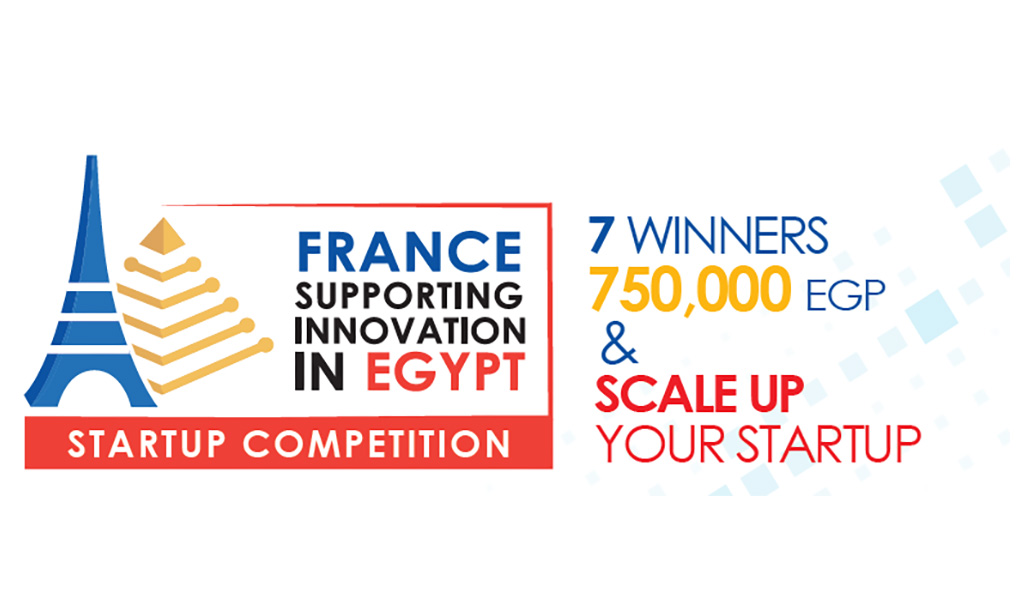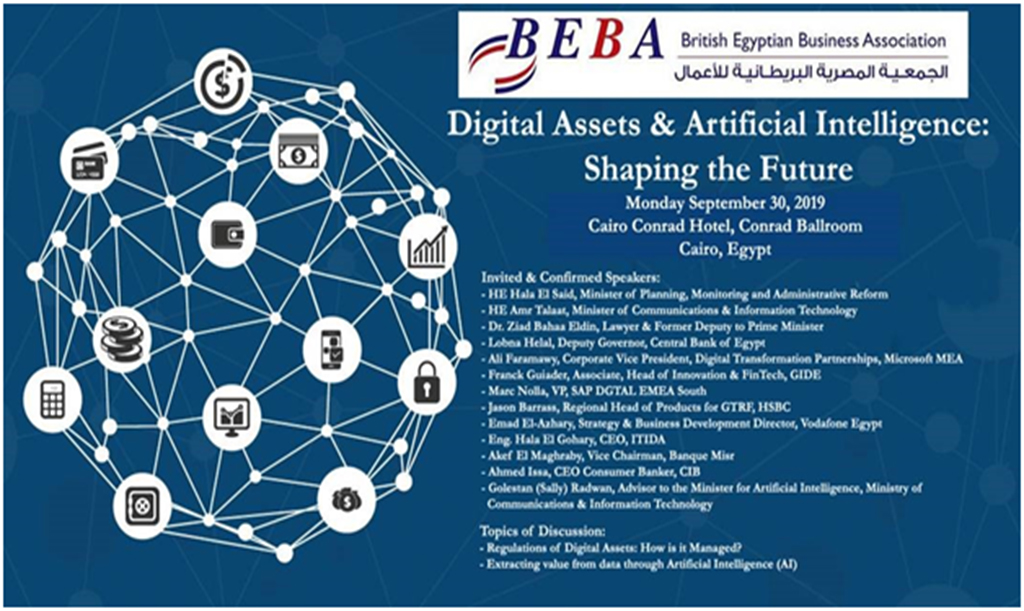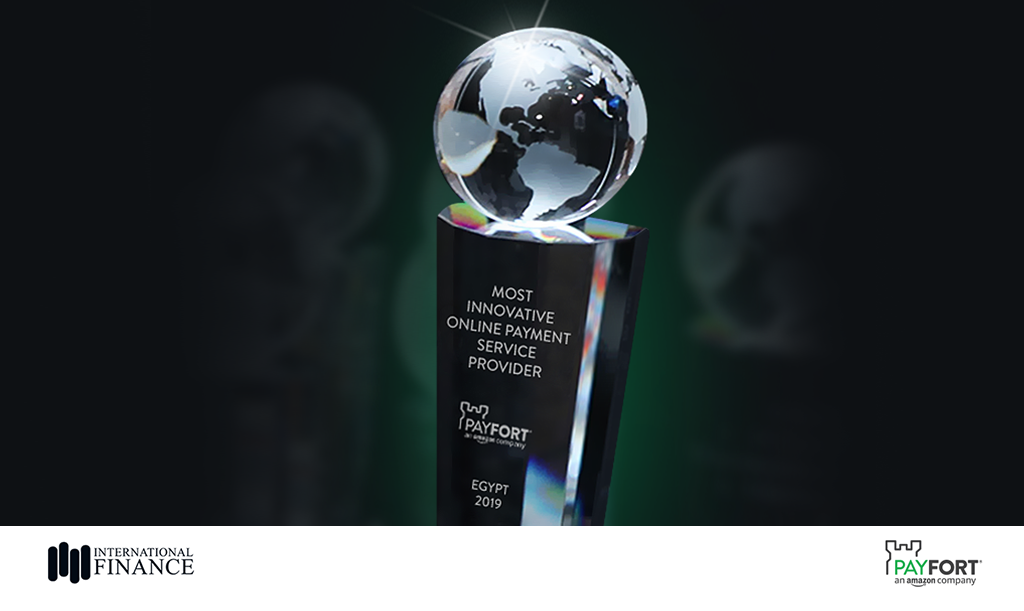How many digital Middle Eastern companies have unlocked their full innovative potential?
26 November 2019
You might be surprised to learn that only 7% of digital
companies based in the Middle East are tapping into the $575 billion market of
opportunities stemming from innovative technologies, according to Accenture’s
Middle East Innovation Maturity Index that was conducted across 275+ companies
in the UAE and Saudi Arabia.
The current ever-evolving business landscape has seen a
multitude of digital solutions amplify, disrupt and even break some traditional
processes over the last few years. Today, innovation stands as perhaps the most
powerful entity that companies of any size can successfully gain a competitive
edge with over their market competitors.
These innovation winners are capitalizing on top-notch
digital-based models and excel at becoming more data-driven, in order to more
efficiently serve their customers in the most relevant ways. This leads to
improving their core offerings while preparing themselves for the next
fundamental shift in business, resulting in harnessing the full potential of
raw data while keeping sustainable growth in their peripheral vision.
Building a solid data foundation
In the digital world, data represents fundamental building
blocks of any ecosystem. In the digital business world, data represents the
simplest yet richest entity in terms of knowing your customers and delivering
relevant services to them. 64% of innovation champions are deeply familiar with
their available data, in terms of what they have, where it resides, who uses
it, how is it used and for what.
Successful data integration into an organization’s workflow
yields phenomenal results, and may just be the edge you need. Building a robust
data platform supported by a proper architecture allows data management
processes to deliver critical insights into customers’ journey, which in turn
provides companies with rich information to make decisions in real-time.
Operationalizing data governance
71% of companies exceling in innovation have adopted data
governance measures such as guidelines and standards, in order to ensure data
compliance in their organizations. Successful data management and control at
scale can definitely provide a company-wide strategic asset.
Converting data into insights and action
Innovation powered by insight is a definite win. Generating
in-depth analytical insights and integrating them into decision-making
processes unlocks the full potential of innovation. Innovative companies in the
Middle East develop deeply advanced data-driven strategies and are exploring
the potential of artificial intelligence (AI), while more than two-thirds of
them have generated well-defined objectives for their data-driven analytics
strategies, in addition to a solid operating structure for their analytics
teams.
Realizing value from data
The Middle East’s top innovative companies know how to
realize value from their data, in the sense that their data analytics
strategies provide business benefits while delivering sustainable returns and
the promise of growth. These companies use data-driven business models and pay
extra attention to master data management, while implementing data value
trackers. The study by Accenture reveals that 65% of these innovation winners
are 42% more likely to prioritize data over their instinct when making
decisions than other companies.
The Middle East Innovation Maturity Index research also
surprisingly revealed that 71% of the surveyed C-suite executives said that
they are hardly confident in the processes of their existing company to hold
out against innovative disruption as it happens. Additionally, 79% of the
surveyed stated that their company is not planning to inject more funds in
innovation over the next five years.
So how can companies in the Middle East adapt and leverage
their position to unlock the dormant $575 billion market value? They need to be
flexible enough to pivot and overcome certain obstacles:
Poor data quality
Along the lines of data scientists scrubbing for data
(organizing it for proper use), Middle Eastern companies need to adopt that
methodology and sort through their data by going through it, and eventually use
the resulting numbers to make the necessary adjustments to what they offer.
Slow-moving and silo-ed data
Dormant data is not benefitting anyone, and companies often
find themselves struggling to manage and control their data at scale. Procedure
and processes should be established to leverage this data and come up with analytical
strategies to better cater to customer needs.
Absence of a data culture and strategy
The trapped market value is not magically unlocked through
data, but it’s the fostering of a culture to monetize this data that gets this
done. Companies should invest in structuring data teams with proper analytical
skills in order to fully exploit available data.
In conclusion, there is one thing that no one can argue with
– numbers never lie. Companies that pay extra attention to disruptive practices
revolving around innovation are the ones that will eventually stand out in the
Middle East, by using the transformative power of innovation to enhance key
practices and ultimately becoming focused on the future of digital before it
happens.
Tags
Accenture, Middle East, Saudi Arabia, KSA, United Arab
Emirates, UAE, Innovation, Data, Big Data, Artificial Intelligence, AI, data
mining, analytics, Middle East Innovation Maturity Index , Fintech Egypt
related articles

The future of finance starts here!

Financial Health is What FinTech Should Be Empowering

How IoT is Infiltrating FinTech Payments

Can the Middle East Bloom Into A Global FinTech Hub?

Setting Digital Banking Transformation Priorities During a Pandemic

The State of Biometrics in 2020 and Beyond

Regulatory Technology is the Unsung Hero of Digital Transformation

Bridging the Digital Divide with APIs

The Impact of IoT on FinTech & Banking

How is Banking Changing with COVID-19?

Customer Service Transformation has become a must in a Digital World

How FinTech can relate to the Healthcare Industry

Humanizing Services through Smart Banking Technologies

MSME Lending & FinTech: What to Expect in 2020

How Digital Innovation can Transform the Future of Banks

Banking Experts Forecast Key FinTech Trends in 2020

The Potential of Peer-to-Peer Lending in the Middle East

How FinTech is Changing the Finance Industry.

Egyptian-founded FinTech Startup Tribal Credit Secures $5.5m in Seed Funding

6 FinTech Trends That Will Transform Banking In 2020

FinTech Trends To Keep An Eye On In 2020

How FinTech Can Contribute To Healthcare

Central Bank of Egypt and Central Bank of Bahrain sign MoU at SFF 2019

Startup Competition Launch Ceremony at French Embassy in Cairo

The Central Bank of Egypt participates in Singapore FinTech Festival 2019

Top Five MENA Venture Capital Investments in Q3 2019

Singapore FinTech Festival 2019: A Meeting of the Minds

Digital Banking vs Physical Branches: Competition Not Mandatory

Central Bank of Egypt Holds Third Roundtable Discussion for FinTech in Egypt

BEBA presents the Digital Assets & Artificial Intelligence: Shaping the Future event

UAE-based FinTech startup Foloosi raises $500,00 in seed funding

The Flourishing of FinTech in the Middle East

Five Technologies Expected to Reshape FinTech in 2020

Saudi Arabia Allows Two Firms To Test Robo-Advisory Services

Emirates NBD Seeks Startups Experienced In CBE Facility-Granting Regulations

Rising Startup Netsahem Digitizes Charity In Egypt
.jpg)
Egypt’s First Artificial Intelligence Faculty launched at Kafr El Sheikh University

Bridging the credit gap through crowdfunding

PayFort receives ‘Most Innovative Online Payment Service Provider’ award for the second time


 0
0
 3.7k
3.7k 



Comments